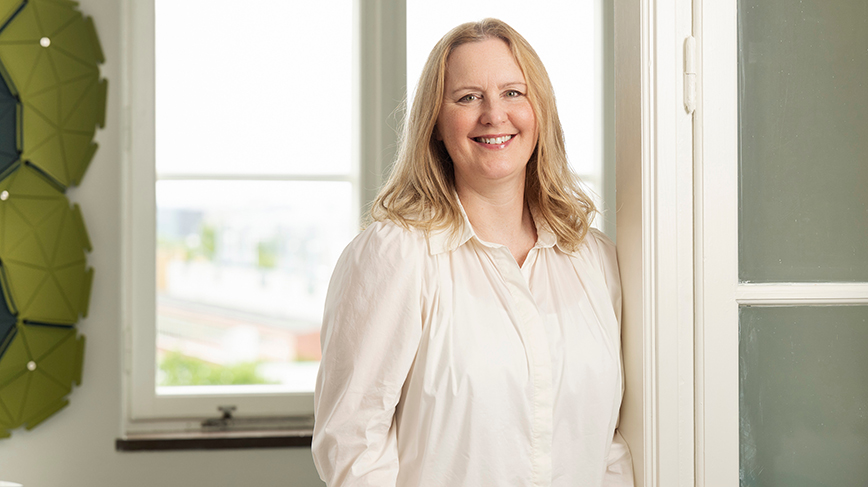How KTH could be affected by dramatic rises in rent and electricity prices

KTH’s rental costs are expected to increase by SEK 80 million ahead of 2023, a consequence of dramatic inflation. Electricity prices are also going up an estimated SEK 14 million over the next year. A working group has now begun to tackle the measures proposed as part of KTH’s premises plan for 2022–2025.
“In the longer term, we want to free up resources for KTH’s education and research,” says Susanne Odung, Head of KTH’s Finance Office.
KTH’s research centres, such as the Parallel Computing Centre and the Electrum Laboratory, have high power consumption. But while electricity prices will hopefully normalise in the foreseeable future, Odung says the higher rental costs are likely to last: According to the rental agreements, the new amounts will not be written down over time.
“This is a worrying development for KTH. If nothing is done, it risks having an adverse impact on KTH’s education and research. To free up resources for these areas, we have long been wanting to reduce costs relating to our premises,” she says.
“KTH’s premises plan for 2022–2025 therefore proposes several activities to reduce KTH’s premises costs in the short and long term. Unfortunately, the activities are not the kind that will bring results in the next few years.”
What measures have been proposed?
“They include terminating certain rental contracts, condensing workplaces in office environments, and dialling down the level of ambition as regards new construction projects. At the same time though, we need to prioritise the development of operation-critical premises, such as the labs being refurbished at SciLifeLab.”
A group of participants at KTH’s senior management level has recently begun the job of dealing with the situation in the best way possible moving forward. The group comprises the University Director, Head of the Finance Office, Head of the Property Department, Deans, and inquiry support from University Administration (GVS).
“In the short term, like several other universities we’re looking at the possibility of funding some of the increased costs from our administrative capital. If so, that would apply during the years to come. It’s a shame to have to use administrative capital for this kind of thing, but right now it’s necessary if KTH’s operation is to continue as planned,” says Odung.
The working group is currently looking at issues relating to the higher premises costs from several different angles.
“We want to create long-term security while reducing our rental costs as quickly as possible, partly by renegotiating and terminating certain rental agreements,” says Odung.
“For several years now, we have had an ongoing dialogue with the Government Offices of Sweden regarding the state’s profits from Akademiska Hus [the government enterprise focusing on academic buildings]. In this climate, it’s incredibly important to maintain an overall perspective of what’s going on in the university sector, and we’re also looking at how the situation is developing for the landlords.”
Text: Katarina Ahlfort
Photo: Mikael Sjöberg

